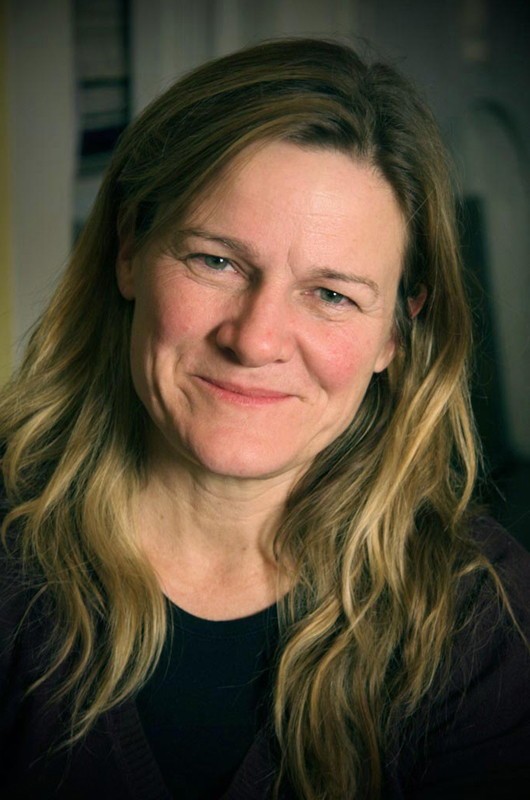The long view and the viewfinder
Cinematographer Ellen Kuras explores identity from every angle
Who are you in a room full of faces? A colour? A name? An ideal?
We grapple with “identity” - try to wear it around the neck or have it sewn into our clothing. But the truth is, we just can’t seem to get a firm grip on that fickle and fleeting notion of identity.
What changes when it is ripped from you by force?
“At what point does culture leave you?” Ellen Kuras rhapsodizes over the phone from New York.
Her 2009 Oscar-nominated documentary The Betrayal (Nerakhoon) attempts to chart, and follow, the loss of identity associated with dislocation and war. The richly woven multi-strand narrative follows Thavisouk (Thavi), and his family, after their escape to America from the secret air war waged in Laos.
“I didn’t want to make cinema verité,” she says. “I wanted to reflect a world view.”
So what began as a university thesis project sputtered and gasped and grew a pulse of its own.
The film, shot over 23 years, was rife with obstacles.
Kuras is particularly concerned, as a filmmaker, with visual metaphor and the creation of meaning. In her project, she hoped to reconstruct memory and depict what it was like to be a Laotian living with memory in the United States.
“In order to create memory, I needed archival footage,” Kuras states.
This presented a challenge.
The American government would not admit to military involvement in Laos, and footage of the air bombing was considered classified material.
The Freedom of Information Act would later provide access, but “people don’t realize that access to the country itself became important.”
So, in an act of sheer ballsiness or insanity, she managed to sneak into the country and gain access to Laotian archival footage, only after a bit of bribery and a pretty dicey encounter with the CIA.
The troubles didn’t end there, though.
Kuras had a specific vision for The Betrayal, but was having difficulty interpreting this vision to the hired cinematographer - so she picked up the camera herself.
“It’s difficult to be one and the same; to have the long view (of the director) and the viewfinder.”
However, she credits this duality as the key to her career.
“All art is logical. Art may seem random, but it’s very logical.”
During the interim, Kuras kept busy. She has worked as director of photography on 35 movies over two decades, averaging out to two or three films a year.
Among her film credits are Eternal Sunshine of the Spotless Mind, Blow and Away We Go.
She has worked with acclaimed directors Spike Jonze, Martin Scorsese and Michel Gondry. Her career has been prolific and her presence has been felt.
“It was never about the paper for me,” she says about never completing her thesis. She, like all those driven by passion and hunger, is more concerned with “using a very specific situation (to get at) the universality of the message.”
Ellen Kuras will give an artist talk on Saturday, March 10 from 2 p.m. to 4 p.m. at The Rachel Browne Theatre, 211 Bannatyne Ave. Tickets are $25 for both Film Group members and non-members, and $15 for students. The talk will be followed by a screening of The Betrayal (Nerakhoon) at Cinematheque at 7 p.m. andEternal Sunshine of the Spotless Mind at 9:30 p.m., which Kuras will introduce. She will also introduce Ted Demme’s Blow on Sunday, March 11 at 7 p.m.
Published in Volume 66, Number 22 of The Uniter (March 7, 2012)







